Attending the ASEAN+3 Finance Ministers and Central Bank Governors Meeting in Milan, Italy, Chinese Finance Minister Lan Fo'an and Central Bank Governor Pan Gongsheng emphasized China's goal of enhancing regional economic cooperation. The meeting, which included 10 ASEAN member countries as well as China, Japan and South Korea, highlighted issues such as strengthening macro policy coordination, deepening trade and investment ties, and ensuring the stability of production and supply chains.
In his speech, Chinese Finance Minister Fan pointed out that the global economy is undergoing serious transformations, unilateralism and protectionism are on the rise, and emphasized the importance of regional solidarity in this period of increasing uncertainties.
Pan Gongsheng, Governor of the People's Bank of China, emphasized the need to strengthen the Chiang Mai Initiative (CMI), which was signed in 2000 and developed as a regional financial safety net. Pan stated that fast financing instruments that can be funded in currencies other than the US dollar, such as the Chinese yuan, will contribute to the diversification of the monetary system in the region. Pan also called on ASEAN+3 countries to take a common stand against the US tariff policies.
At the end of the meeting, the participants agreed to institutionalize the CMI within the framework of the International Monetary Fund (IMF) and make it more effective.
As it can be recalled, ASEAN+3 countries came together in Chiang Mai, Thailand in 2000 and signed a multilateral currency swap agreement to solve short-term liquidity problems after the Asian Financial Crisis and to reduce dependence on the IMF. This agreement, which entered into force in 2010, created a financing pool of 120 billion dollars, which was increased to USD 240 billion in 2012.
Rising trade tensions between China and the US have been one of the main factors directly affecting the process. Within the scope of the “reciprocal tariffs” launched by US President Trump in early April, tariffs on China were increased to 145% and China imposed a 125% tariff against the US. While Washington postponed the additional tariffs imposed on other countries for 90 days, it immediately implemented its decisions against China.


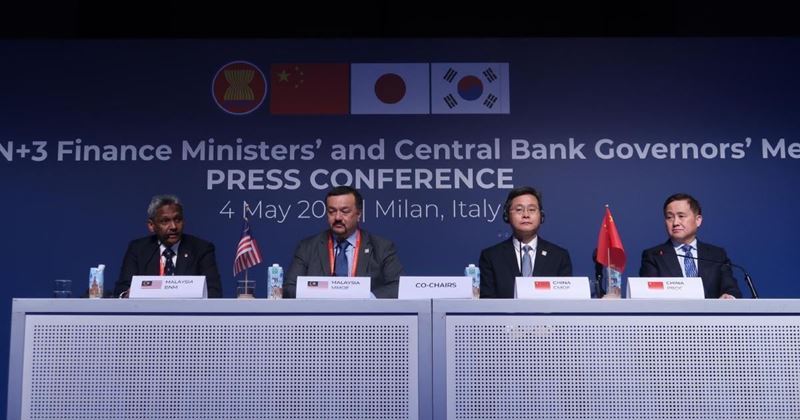

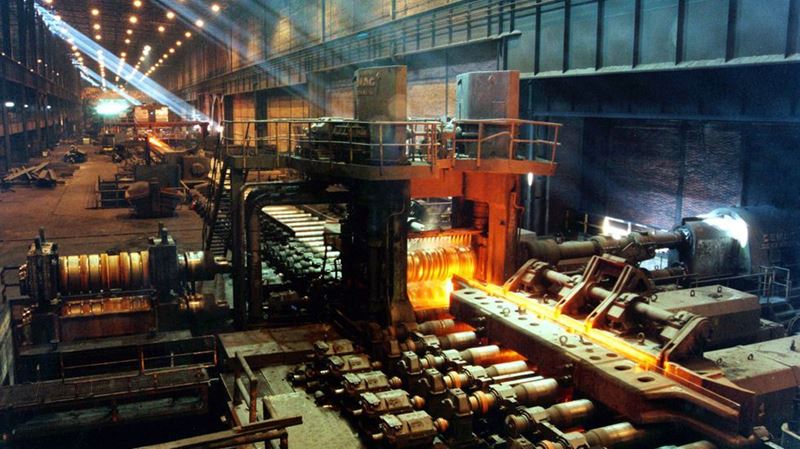
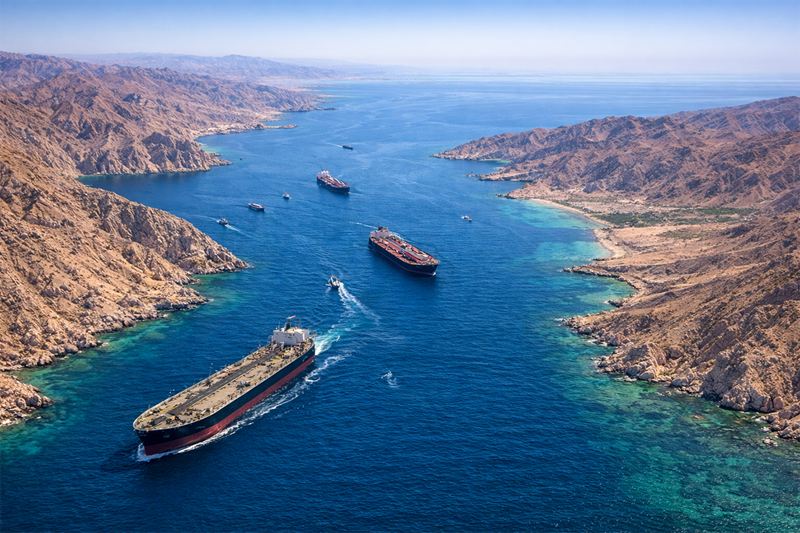
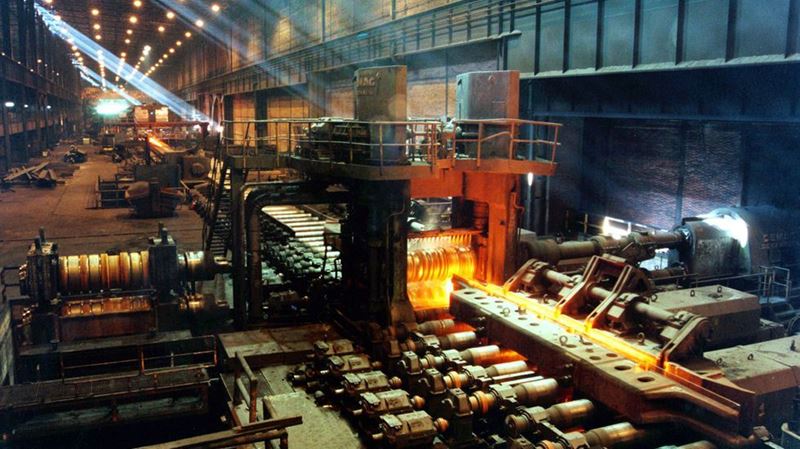
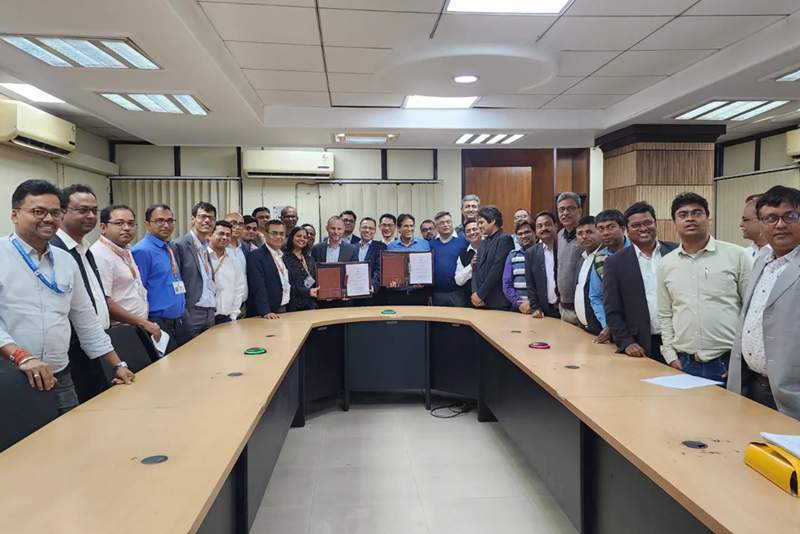
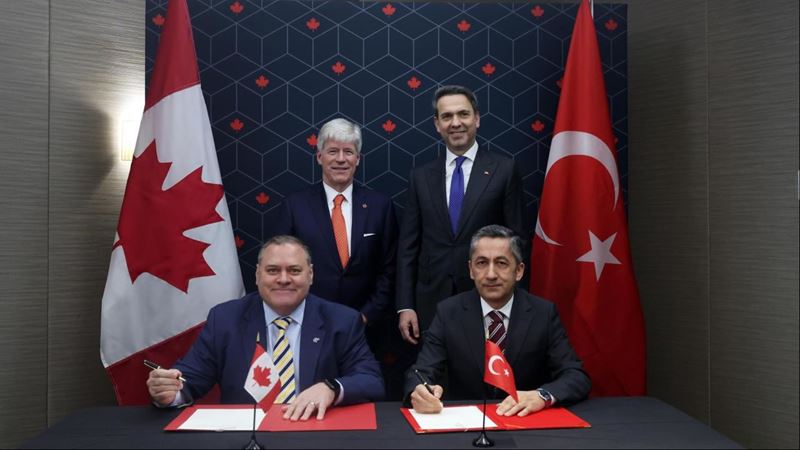


Yorumlar
Henüz yorum yapılmadı